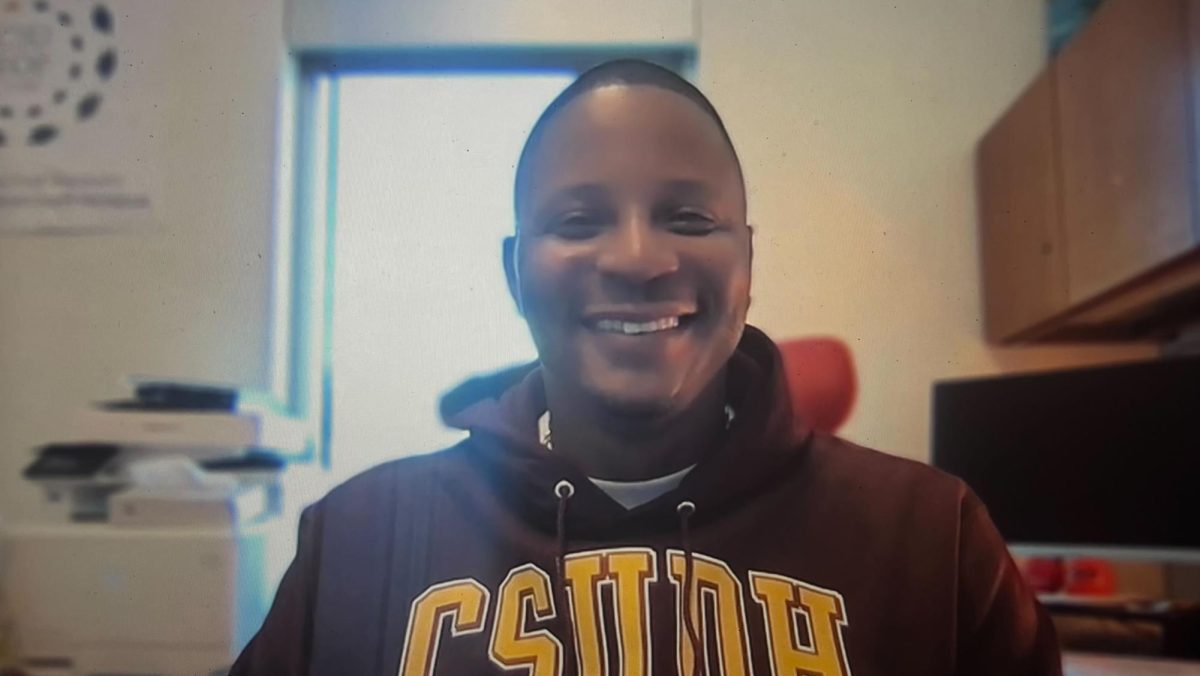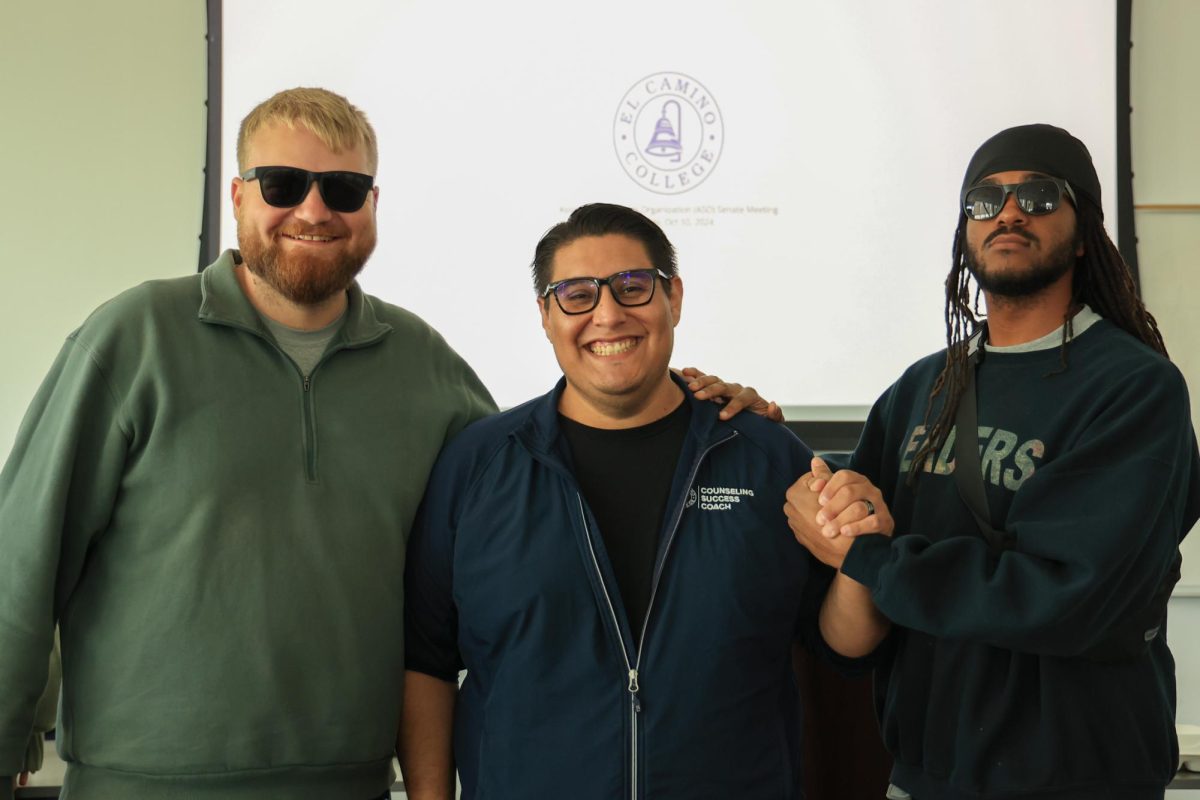In an effort to make identifying misconduct easier changes were recently approved to the code of conduct.
“A few years ago, the dean of humanities, Dean Tom Lew, and at that time, the faculty coordinator Dr. Barbara Jaffey, from the humanities department, and myself and a few others started looking at a way to make it easier to know what misconduct was and how to handle the misconduct if it does happen so that’s when we decided that we better make it to where it’s clear to understand,” Harold Tyler, director of the student development Office, said.
The changes to the Code of Conduct were just recently approved in January, Tyler said.
“It was mainly changed so that people get a verbal warning,” let’s make sure people understand what the policy is, and then that they have a remedy for how to handle it; if you’re a teacher or a student the due process for making sure it gets implemented properly,” Tyler said.
Along with a new name change, the college standards were made more clear to students that there are various ways that they can get in trouble.
“The code of conduct used to include behavior on campus; don’t bring weapons to school, certain things like that, now they have added Academic Honesty and so that includes plagiarism, cheating and other things like that,” Josh Casper, ASO president, said.
In addition, the Administrative Procedure 5520 was added, generally when there is a board policy there tends to be a procedure to go with it, which says how the policy is supposed to be enforced, so in this procedure there were consequences included for academic dishonesty in it, Casper said.
“When those get violated there are remedies for that; there could be suspension, it could be suspension for two days, three days, it could be a week, it could be for a whole semester, a year; up to two years is what we have in our policy now,” Tyler said.
Now if it is a really bad offense a student could possibly get expelled; the board of trustees only has the right to expel and it would have to go through the vice-president if indeed a student were to get expelled from the college, Tyler said.
“The number one issue at EC is protection of our students so they can enjoy an educational experience that will be rewarding and move onto the next level,” Tyler said.
Categories:
Board changes of conduct
By Stephen Voltattorni
•
April 8, 2010
More to Discover








